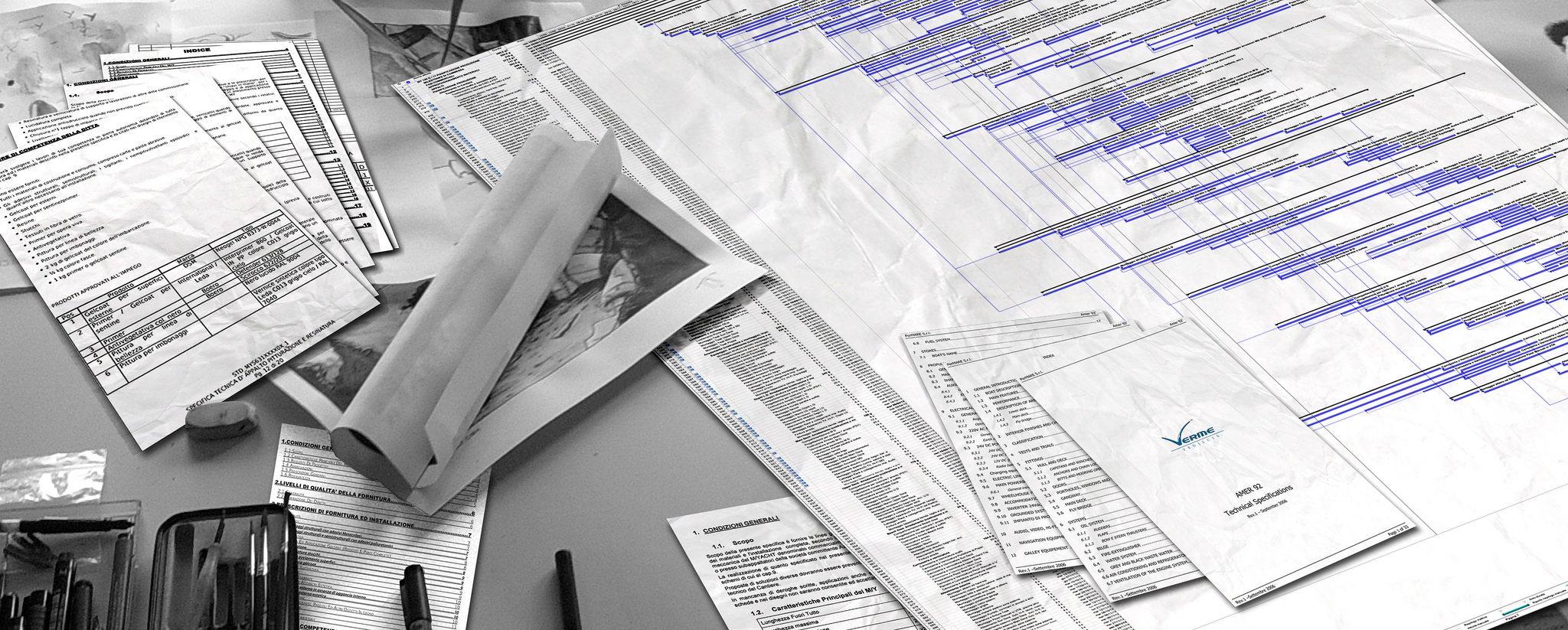Project Management – ERP, HR &Payroll Software Implementation
Mappiah’s experienced ERP, HR & payroll software implementation project consultants use a systematic and structured methodology to implement and integrate software into an organization’s workflow with efficiency and minimal disruption.
Working alongside the customer’s project team, our ERP,HR & payroll consultants deliver an implementation methodology that takes organisations seamlessly through all aspects and implications of the software implementation, from an initial evaluative scoping stage to systems ‘go live’ followed by a final post- implementation review.
Step 1: Discovery & Evaluation
The ‘start up’ phase is critical to any implementation project, as it is during these phases that the essential ingredients for project success are defined. ERP,HR & payroll software implementation projects rely on strong project structure and governance, meaning that resources, objectives and training plans should be established at an early stage.
A project team will include program and project managers from both Mappiah and the customer organisation. As a team, they will share responsibility for the delivery of a high quality, effective implementation.
Pre-sales discussions and scoping visits ensure that each member of the customer’s team is educated in the required set up for the project to take shape. A preparation day also takes place at the customer’s site, during which the physical requirements, as well as key personal contact points, will be established.
Step 2: ‘Start Up’
A ‘kick off’ meeting will take place during the project start up phase to confirm objectives, scope, budget, quality procedures and governance for the project, as well as the roles and responsibilities of the project team.
Milestones and deliverables will be agreed and a project plan and charter will be drawn up, which will be continuously renewed throughout the project lifecycle to enable optimal allocation of resources at all times in response to shifting needs and schedules.
Regular project management meetings offer a shared arena for the joint management of arising issues and change planning.
Step 3: Blueprint
This is the design stage of the project, in which organizational goals are aligned with the software’s functionality. System Design Documents are used to document the design requirements. All specifications such as interface, reports and calculations are also documented and signed off before configuration begins.
Step 4: Realization
During the ‘realization’ phase, Mappiah supports the building and testing of the system configuration, including proof of concept to test the configuration by running the system with data trial sets. User acceptance testing (UAT) is also performed, and end to end systems testing planned and executed.
Pre-final Step: ‘Go Live’ Preparation
This is the final delivery phase of the project, incorporating End user training, Parallel running, Contingency planning and Change management.
Data migration is managed through the extraction and validation of data between systems to achieve compliance and consistency. Mappiah’s data migration strategy addresses the scale of the change and the associated level of business risk.
The operational use of the software will be implemented and both systems will run in parallel, with continuous support to ensure accuracy and user readiness. Contingency Planning will also be implemented to ensure systems continuity in the event of operational problems.
Final Step: Post ‘Go Live’
Upon realization, the project team conducts a post implementation review (PIR) to reflect upon the success and benefits of the project.


